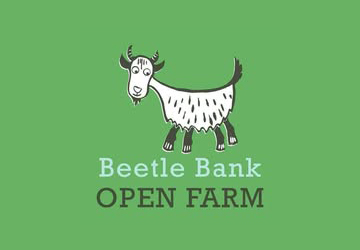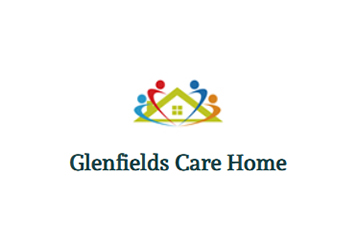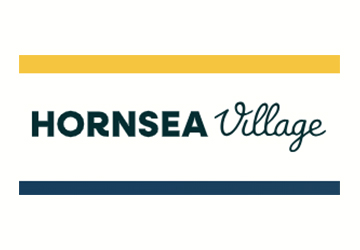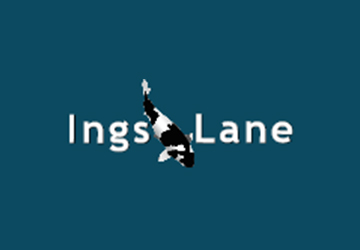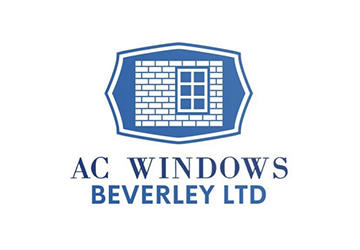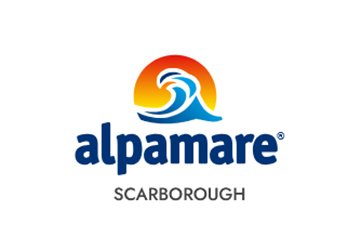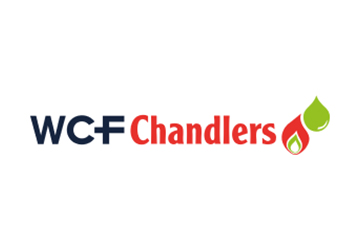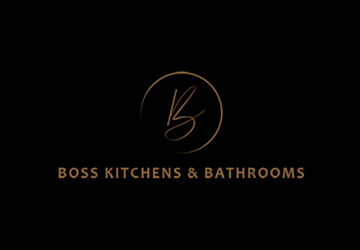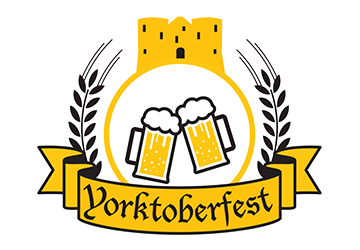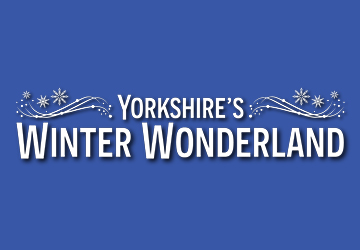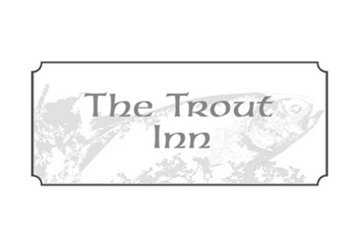The Office for National Statistics (ONS) reported a figure of 5% covering the three months to September – up from 4.8% reported last month. It was a larger leap than economists had predicted and the highest since December 2020-February 2021.
The rate stood at 4.1% when Labour took office last year.
Money latest: How private pensions are treated in divorce
There was no better news for Chancellor Rachel Reeves in wider, experimental, HMRC data released by the ONS, which showed a 32,000 decline in payrolled employment during October.
That suggested a pause to a more recent trend of declines slowing since sharp falls first witnessed in the spring of this year.
It was April when measures introduced in Ms Reeves’s first budget came into effect, with hikes in minimum pay and employer national insurance contributions hammering employment and investment sentiment in the private sector.
It also coincided with peak US trade war uncertainty, as Donald Trump ramped up his tariffs.
ONS director of economic statistics Liz McKeown said of the data: “Taken together these figures point to a weakening labour market.
“The number of people on payroll is falling, with revised tax data now showing falls in most of the last 12 months.
“Meanwhile the unemployment rate is up in the latest quarter to a post pandemic high. The number of job vacancies, however, remains broadly unchanged.
“Wage growth in the private sector slowed further, but we continue to see stronger public sector pay growth, reflecting some pay rises being awarded earlier than they were last year.”
In good news, the overall slowing in the pace of wage growth and weakening jobs market should help bolster the case for an interest rate cut by the Bank of England next month, assuming inflationary pressures continue to ease after last week’s rate hold.
The ONS figures were released as the clock ticks down to the chancellor’s second budget due on 26 November.
Ms Reeves used an event in Downing Street last week to prepare the ground for a painful series of measures that are expected to be only partly offset by some announcements to keep Labour MPs onside, as she stares down a black hole in the public finances believed to be in the region of £30bn.
She has signalled a break from Labour’s manifesto tax pledge not to raise income tax, national insurance or VAT, on the grounds that the world has changed since that promise was made.
The chancellor’s gripes include Brexit and the effects of the US trade war.
Nevertheless, a spending priority would appear to be the lifting of the two-child benefit cap. That would take an estimated 350,000 children out of poverty, according to the Child Poverty Action Group.
This breaking news story is being updated and more details will be published shortly.
Please refresh the page for the latest version.
You can receive breaking news alerts on a smartphone or tablet via the Sky News app. You can also follow us on WhatsApp and subscribe to our YouTube channel to keep up with the latest news.
